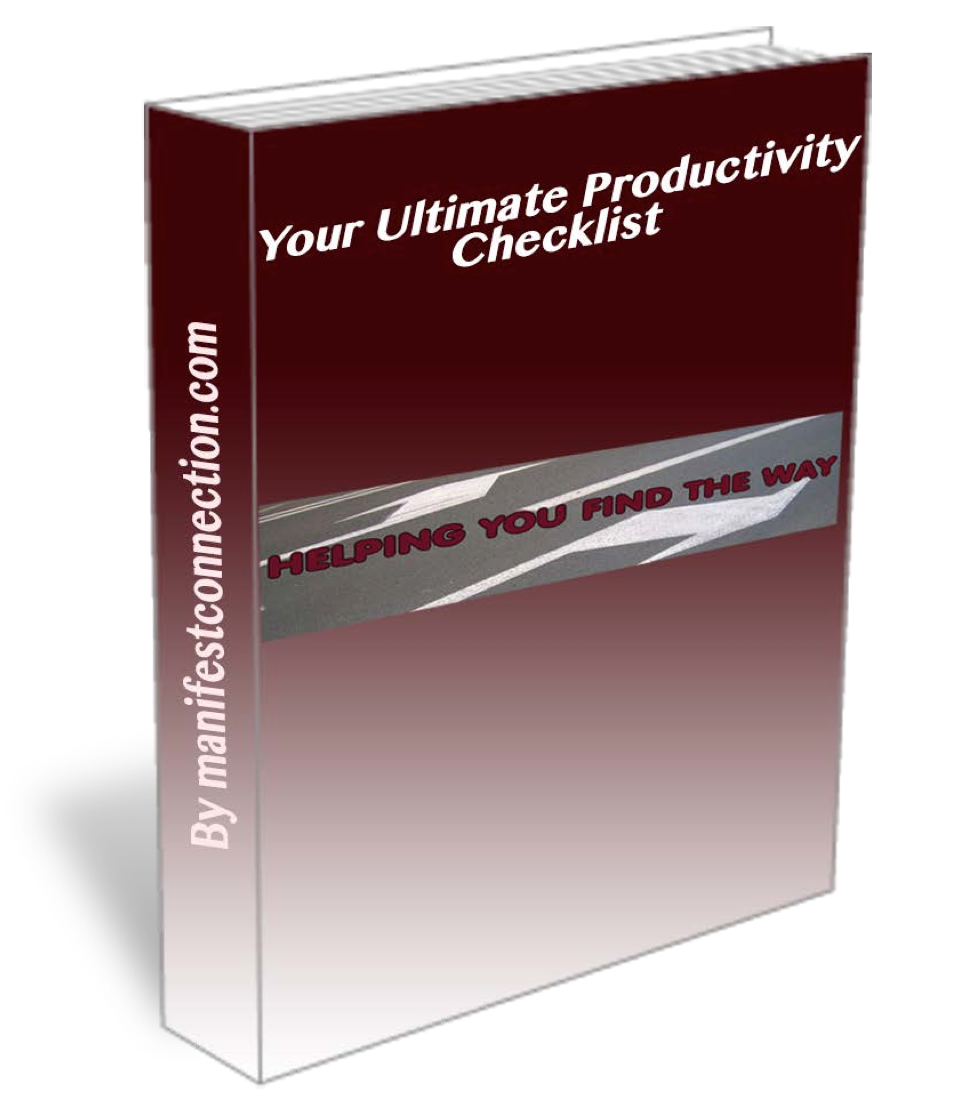Mind Your Mess If You Want To Stop Being Depressed

Can clutter trigger depression or can depression trigger clutter? Whether you like it or not, clutter can bring about frustration and stress, and these two can affect the ability to deal with the clutter. While chronic disorganization is not a medical condition or a symptom of depression, anyone who suffers from clutter can testify that there is a certain link between depression and clutter. It is just hard to determine what is causing what.
Is There A Link Between Clutter And Depression?
Although there are no formal studies done to establish a link between depression and clutter, the list of depression symptoms from the National Institute of Mental Health does indicate a certain link between clutter and depression.
Here are the symptoms of depression and their possible links to clutter.
- Difficulty remembering details, making decisions and concentrating = Distracts and causes difficulty with organizing, sorting and prioritizing
- Decreased energy and fatigue = Lack of energy to maintain order
- Excessive sleeping and insomnia = Lack of energy and motivation to maintain order
- Restlessness and Irritability = Lack of concentration and focus to handle tedious sorting
- Feelings of worthlessness, helplessness and guilt = Inability to find the determination and motivation to handle any type of mess or disorganization
- Persistent headaches, body pains, digestive problems and body cramps that do not seem to heal despite treatment = Experiences with pain will only make you want to lay down and rest, not deal with any type of mess
- Persistent feelings of sadness, emptiness or anxiousness = Eliminates the determination and enthusiasm needed to deal with clutter
- Loss of appetite and excessive eating = Lethargy triggered by hunger and weight gain can affect the mood to get up and clean
Letting Clutter Dominate Your Life
Clutter is not just mess that can be prevented by getting rid of unwanted things and carefully storing those that you still wish to use in the future in a suitable storage.
Clutter is also a collection of behaviors that can eventually lead to a disorganized lifestyle. It is also a condition that is triggered by the inability to get rid of unnecessary belongings. Sadly, clutter can aggravate any physical and psychological health issue as it relates to anxiety and depression, including brain function. As a matter of fact, the National Institute of Mental Health also did a study that indicated clutter could decrease attention span and short term memory. It also indicates that clutter affects cardiovascular and weight issues.
Overall, clutter can discourage you from maintaining a proper lifestyle, exercising and other habits that contribute to a healthy life. When you eliminate clutter from your home and refuse to allow it to dominate your life, you can prevent your health from getting cluttered as well. You can read more about storage solutions that can help you get rid of any unused things or clutter from your home.
Your physical, Mental And Emotional Health
Getting organized can enhance all levels of health –
- Physical Health – Eliminating clutter allows you to create a safer living environment with minimal accident opportunities.
- Mental Health – A clean and safe environment can help improve the thinking process and provide a calm mind.
- Emotional Health – Removing clutter from your home can help reduce any negative feelings that prevent you from living happy and secure.
Citations:
Valerie East is a mother of four and a freelance writer specializing in housekeeping, home improvement and storage solutions. She offers tips on various housekeeping issues and how to improve small living spaces. She also shares information on how a cluttered home can affect health with those who are unable to get rid of clutter from their homes.





So true. One can accurately judge my state of well-being by looking at my desk. When it’s a mess, I’m a mess. One of the best things I can do for myself and my work is to stop, breathe … and clean up the piles of clutter. Makes me feel better, just thinking about it 🙂